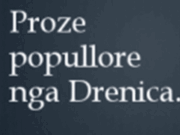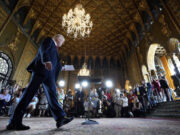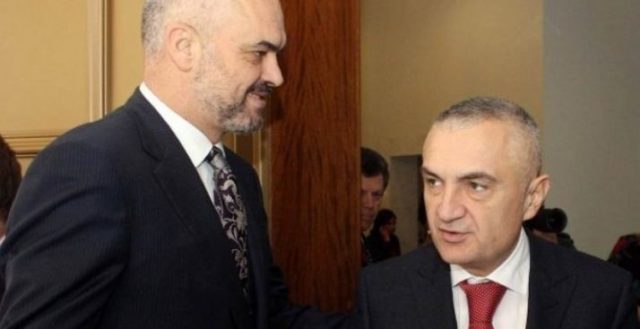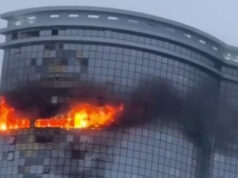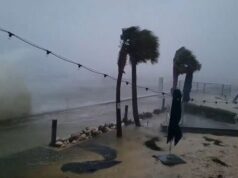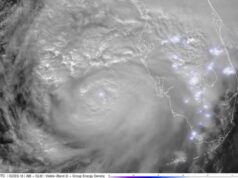An official statement from the president’s office announced on Saturday night President Ilir Meta “is not yet fully convinced to trust the candidacy of Sander Lleshi as new minister of interior.”
This statement is proof of what Meta warned on Friday during an interview when, referring to Italy as an example, he mentioned how the Italian president vetoed the prime minister’s proposed name for minister of economy.
Although, according to Meta, the Albanian constitution clearly states the country’s president is to be held accountable for any assigned signature, local media has reported no article in the constitution foresees the president vetoing a ministerial proposal.
In this context, the official method Meta will use to justify his decision is still to be seen. Upon decreeing former Minister of Interior Fatmir Xhafaj’s dismissal, after his resignation, Meta referred to all the constitutional articles justifying his signature.
The short announcement concerning Lleshi’s veto, however, doesn’t contain any legal references and has not been published in the president’s official website.
During his interview on Friday, Meta said the president is obliged to practice all his constitutional duties in order to be fully convinced for any kind of proposal brought to him to decree and added this case is particularly delicate and requires the uttermost attention.
Apart from the fact the constitution provides that “a minister is appointed and dismissed by the President of the Republic, with the Prime Minister’s proposal within 7 days”, there is a precedent that goes against the attitude currently held by Meta.
Last year, former President Bujar Nishani who publicly spoke against appointing current Minister of Interior Fatmir Xhafaj, nonetheless accepted he did not have the competence to veto the proposal.
The presidency’s announcement also doesn’t provide the reasons behind Meta’s veto of Lleshi as the country’s new minister of interior. In the cases when the president decrees the return of a law to parliament, he accompanies the decision with all legal explanations, while in this case, everything remains unclear, although it is an important matter currently.
Last but not least, the president’s position risks opening a constitutional conflict, and a strong clash with the government, in the current conditions when the Constitutional Court is out of order.


